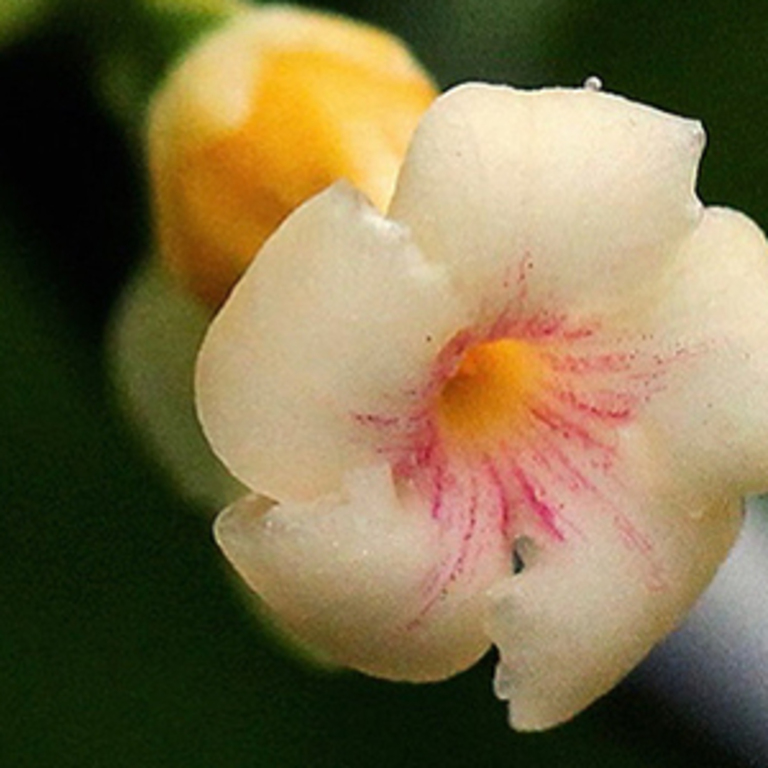Iboga Supply
Information
Today most of the Iboga is grown in either Gabon or Cameroon. Gabon has a governmental program called the Nagoya Protocol, which has the explicit aims of protecting the plant, preventing it from being exploited. The claims made by the creators of this agenda, may not be the entire story however. It is not my place to be speculating or weighing into a debate on these matters. I only hope that exploitative colonial mindsets can be recognised and that those with less than noble intentions will be exposed.
As such the export of Iboga from Gabon becomes more complicated and much of the root bark is sourced for export from Cameroon and other surrounding nations.
The bark is generally stripped from the roots on location, packaged up and then finds its way to a second location, whereby it is either sold in its raw form, or undergoes a chemical refining process.
Iboga root bark can be chemically extracted to varying degrees of potency. Raw Iboga root bark is challenging to consume, because it is essentially wood chips, or wood powder and this bitter fibre upsets the stomach. Extracts can be encapsulated and washed down, without any taste in the mouth.
The first level of chemical extraction yields Iboga TA, or Total Alkaloid. This is an extraction which pulls all of the active chemical components out of the bark, which are then collected and dried into a brown powder. This substance, containing the full spectrum of alkaloids is much more potent, by weight than root bark.
The next level of refinement is known as PTA, or Purified Total Alkaloid. This light beige powder leaves only a few of the most potent alkaloids and rejects many others. People report that this is more potent, but a less complete subjective experience.
The final level of refinement yields pure white Ibogaine Hydrochloride powder. This is the isolated, pure Ibogaine molecule, the most potent alkaloid. This is the most powerful version of Iboga, but reports suggest that the spirit of the plant is somewhat missing, or the subjective effects are diminished in character.
Chemists will distribute their product to treatment providers, ensuring that this potent medicine doesn't find its way into the hands of individuals who may harm themselves or others through irresponsible use.
Many of people involved in this work are individuals with deep integrity, who understand their responsibility and have a core commitment to helping others. Iboga is not a habit forming substance and this chain of supply cannot be compared to any illicit drug trade. Far from it, this is more similar to the distribution of healing herbs on the ancient silk road trade route.






